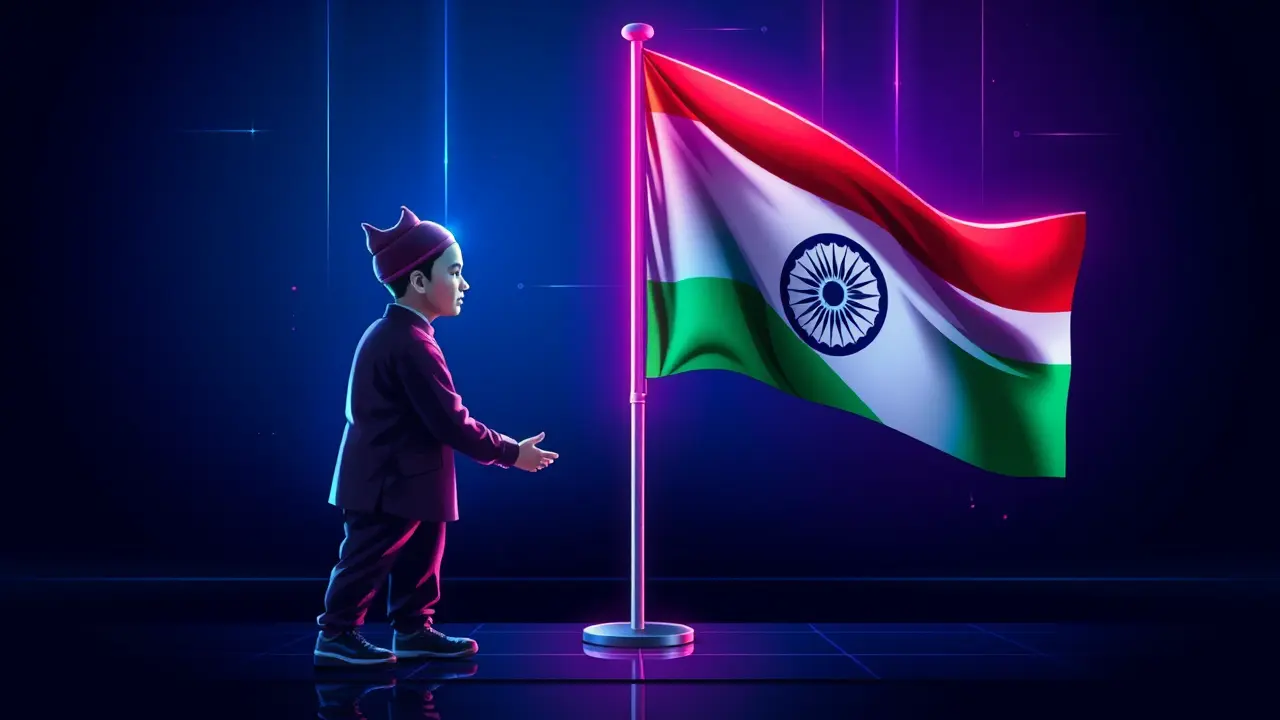Canada and India Reset Ties After Diplomatic Strain
In a significant diplomatic recalibration that speaks to the enduring power of realpolitik over transient outrage, Canada and India have initiated a careful, high-stakes reset of their bilateral relationship, a move precipitated by the visit of Canada’s Foreign Minister to New Delhi, a city whose political air has long been thick with the echoes of empire and the ambitions of a rising global power. This tentative rapprochement follows a period of profound strain triggered by the brazen murder of a Canadian citizen on Canadian soil, a killing that Canadian authorities have publicly linked to agents of the Indian state—an allegation that sent shockwaves through international diplomatic circles and threatened to unravel decades of carefully built ties between the world’s largest democracy and a key G7 nation.The diplomatic crisis, which erupted last autumn, recalled the kind of state-sponsored transgressions that have historically frozen relations for generations, yet the speed with which both capitals have moved to de-escalate suggests a cold, pragmatic calculation of mutual interest that would have been appreciated by practitioners of classic statecraft like Metternich or Kissinger. For India, a nation aggressively pursuing its vision of a multipolar world order and seeking to be a pivotal counterweight to China, a protracted feud with a Western-aligned partner like Canada represents an unnecessary distraction and a potential vulnerability in its broader geopolitical strategy, particularly concerning the sensitive issue of Sikh separatism, which New Delhi views as an existential threat to its territorial integrity.For Canada, embroiled in a housing crisis and economic uncertainty, the economic stakes are equally monumental; India represents a massive market and a critical source of the skilled immigration that fuels its economy and universities, making a permanent rupture a self-inflicted wound of considerable magnitude. The path to this week’s meetings was undoubtedly paved in backchannels and quiet assurances, likely involving intelligence-sharing and a mutual, if unspoken, agreement to manage the fallout of the murder investigation without letting it define the entire relationship.One can draw a historical parallel to the U-2 incident of 1960, which shattered a US-Soviet summit but did not ultimately prevent further dialogue during the Cold War; similarly, this assassination, while a grave provocation, appears to have been compartmentalized by both governments in favor of a larger strategic calculus. The discussions in Delhi, therefore, likely focused not on re-litigating the past, but on constructing a new framework for cooperation on trade, security, and counter-terrorism, with an implicit understanding that certain contentious issues will be handled with greater discretion going forward.The long-term consequences, however, remain fraught with risk; the Canadian government must walk a fine line between upholding its rule of law and not appearing to capitulate to a foreign power, while Prime Minister Modi’s administration must contend with the perception at home that it can act with impunity abroad. This delicate dance of diplomacy, where a shocking act of violence is subsumed by the relentless engine of national interest, is a stark reminder that in international relations, there are rarely permanent victories or defeats, only the perpetual and often amoral recalibration of alliances and enmities.
It’s quiet here...Start the conversation by leaving the first comment.
